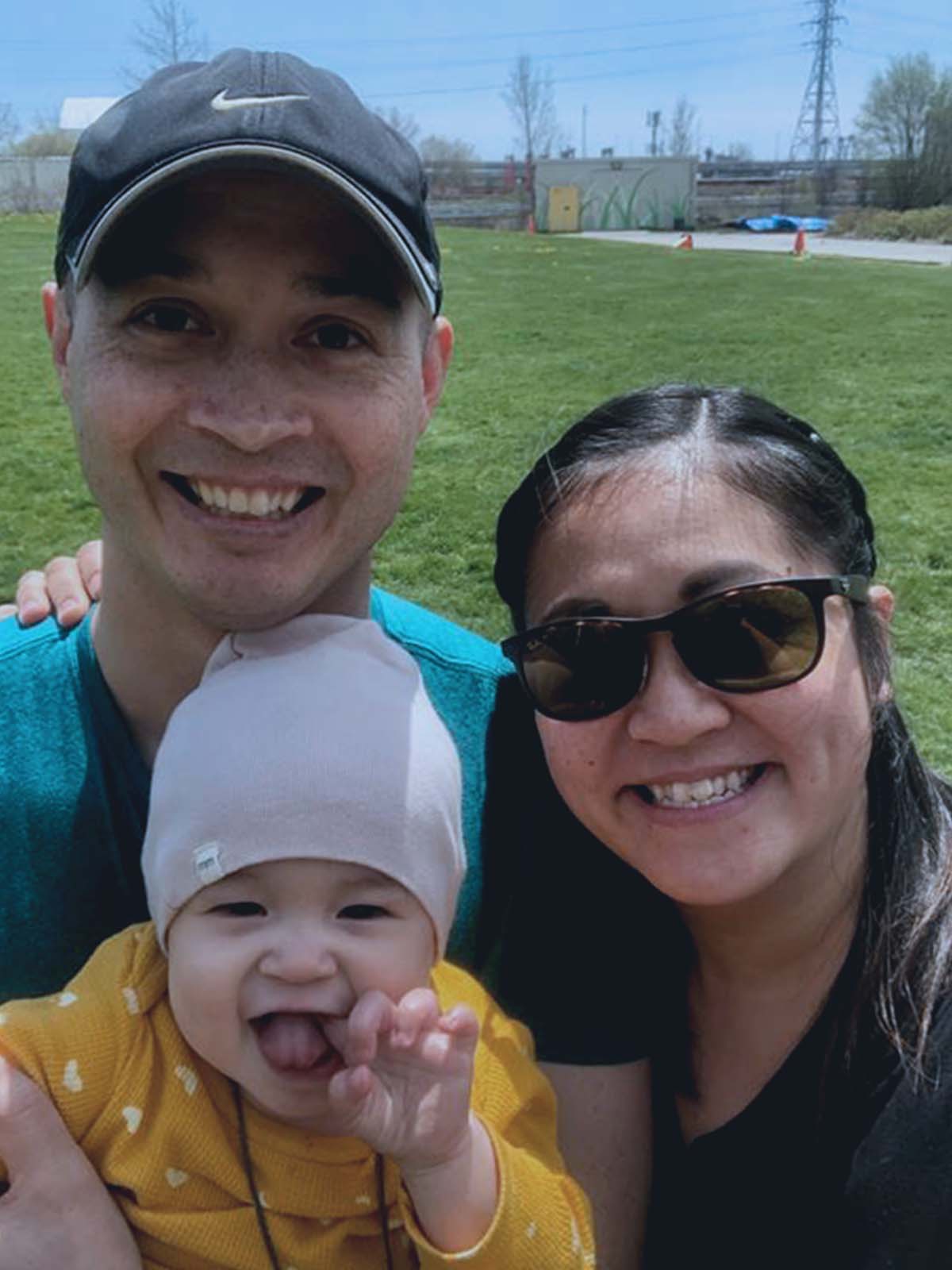One in twenty people experience incontinence.
Diane had always been one of those people who had a bladder “the size of a peanut”. She was the friend who had to pee moments after the movie started, the one that mapped out rest stops on road trips. The idea that there was an actual medical condition causing her to urinate so frequently didn’t cross her mind.
What did require medical attention were her extremely heavy and painful periods. Starting at age 11, Diane would bleed so much and be in such intense pain that she would have to leave school. Like many young women, she dealt with the discomfort as best she could until, after the better part of a decade, she brought the issue to her doctor who put her on oral birth control pills. This was a temporary solution, but one that relieved the majority of her symptoms - but not her frequent need to urinate.
By the age of 26, Diane was suffering from debilitating headaches, attributed to the oral contraceptives she took. Coming off the pill seemed like an easy fix; however, the symptoms she had in her teen years, prior to taking the pill, boomeranged. Her periods were so painful and heavy that she threw up every month. She was exhausted and her iron counts were extremely low. Her doctor ordered testing that revealed she had multiple, large fibroids growing in her uterus. While these were the cause of her painful menstrual cycles, they also contributed to her constant and urgent need to pee, pushing on her bladder and causing it to contract. The fibroids were dealt with through a series of D&Cs - dilation & curettage - a process where the tissue from inside the uterus is removed. Diane’s painful periods got better, “but I was still always bursting when I had to go to the bathroom,” she says.
When Diane was perimenopausal in her late 40s, the issues with her bladder only got worse. She was dealing with the problem as best she could on her own. Diane says, “Even though I avoided drinking water, I was still getting up five or six times a night to go to the bathroom.” She was dehydrated and deeply sleep deprived and felt like her bladder was ruling her life.
“We are able to do Botox injections directly into the bladder muscle to reduce bladder contractility and thereby reduce frequency, urgency, and incontinence.”








